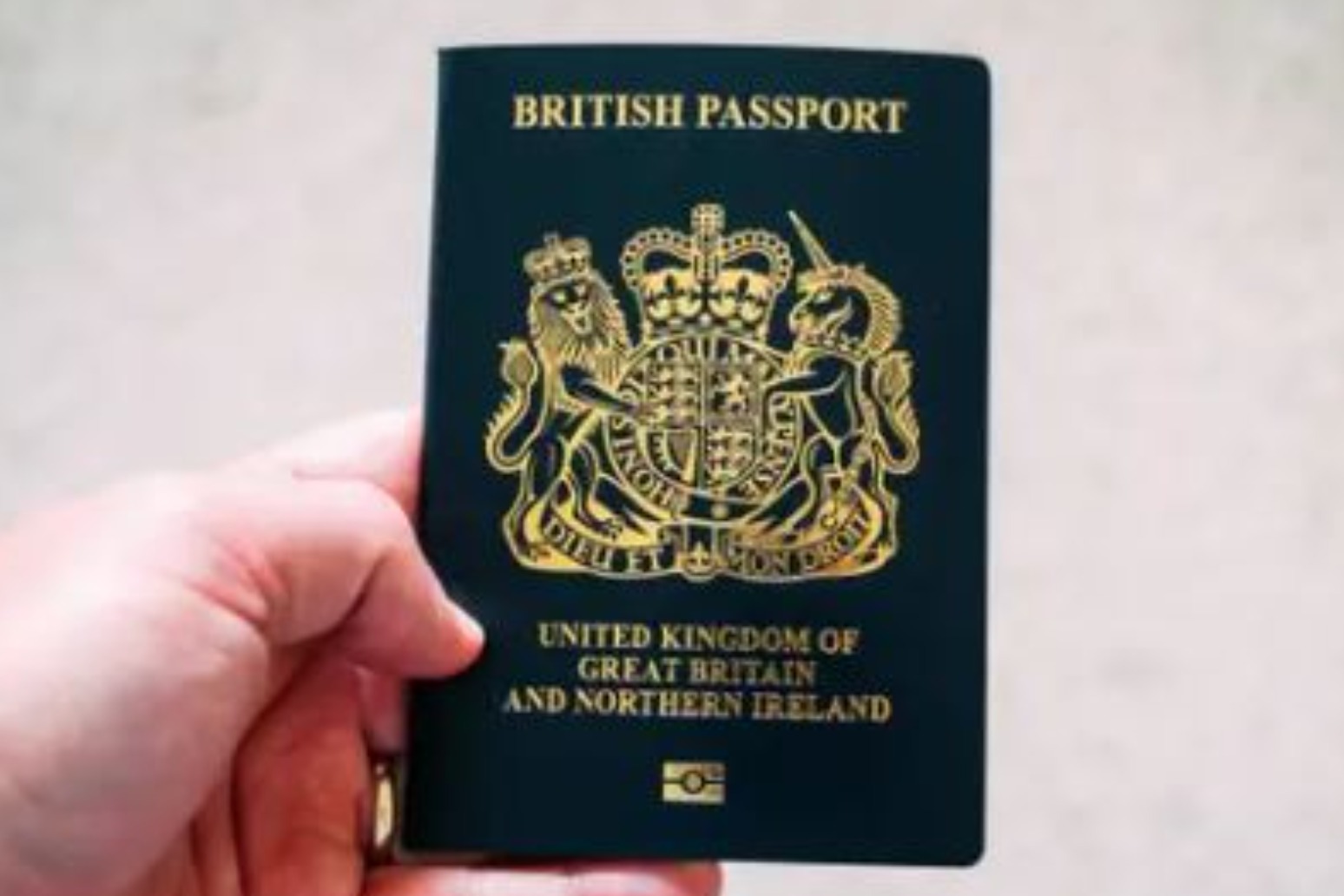
Airports coping with Border Force strikes as military check passports
Military personnel checking passports at UK airports appear to be ensuring passengers are not being delayed on the first day of Border Force strikes.
Heathrow and Gatwick both said their immigration halls were operating as normal on Friday morning.
Around 1,000 members of the Public and Commercial Services (PCS) union employed by the Home Office to operate passport booths walked out on Friday at Heathrow, Birmingham, Cardiff, Gatwick, Glasgow and Manchester airports, as well as the port of Newhaven in East Sussex.
The Border Force strikes will take place every day for the rest of the year, except December 27.
About 250,000 passengers are arriving on flights at affected airports on Friday, including around 10,000 who landed at Heathrow before 7am.
Travellers were warned by Border Force bosses to expect delays amid fears long queues at passport control could lead to people being held on planes, disrupting subsequent departures.
But the use of military personnel trained to check passports appears to be preventing delays.
A Heathrow spokeswoman said: “The morning arrivals peak has started well.
“Immigration halls are free-flowing at Heathrow with Border Force and the military contingency providing a good service.”
A spokesman for Gatwick told the PA news agency: “Everything is going OK at the moment.
“There’s plenty of staff. The e-gates are all operating. It’s going well.
“There’s no delays as far as we’re aware, and no queues at the moment.
“I’m standing in arrivals and passengers are flowing through as normal.”
Meanwhile, postal deliveries and driving lessons are set to be disrupted by strikes in the days before Christmas.
Royal Mail, National Highways and Driver and Vehicle Standards Agency (DVSA) employees are taking industrial action on Friday.
They will continue their strike into Saturday, when staff represented by the Rail, Maritime and Transport (RMT) union, Abellio London bus workers and Environment Agency workers will launch separate waves of action.
This follows two days of strikes by NHS staff, with thousands of nurses walking out on Tuesday and ambulance workers joining picket lines on Wednesday.
PCS general secretary Mark Serwotka said travellers could face months of disruption unless the Government comes forward with an improved pay offer for Border Force staff.
“We think that the action at the borders is going to be very effective. We hope that the Government will therefore do the right thing and get around the negotiating table and put some money upfront,” he told BBC Radio 4’s Today programme.
“If not, we are raising money. We have a strike fund that means we can sustain this action. Our strike mandate lasts right up until May. We will be supporting this action up to May and we would re-ballot again if we have to.
“I think in January what you will see is a huge escalation of this action in the civil service and across the rest of our economy unless the Government get around the negotiating table.”
National Highways workers responsible for motorways and major A-roads in London and the South East, also represented by the PCS, will continue their four-day walkout, which started on Thursday.
Postal workers represented by the Communication Workers Union walked out for their fifth day of December action in a move Royal Mail criticised as “a cynical attempt to hold Christmas to ransom”.
The company said it will be doing all it can to deliver Christmas mail, saying the industrial action has cost it £100 million.
RMT railway workers will stage another strike from 6pm on Christmas Eve, which could prevent people from making it home for Christmas.
Published: by Radio NewsHub